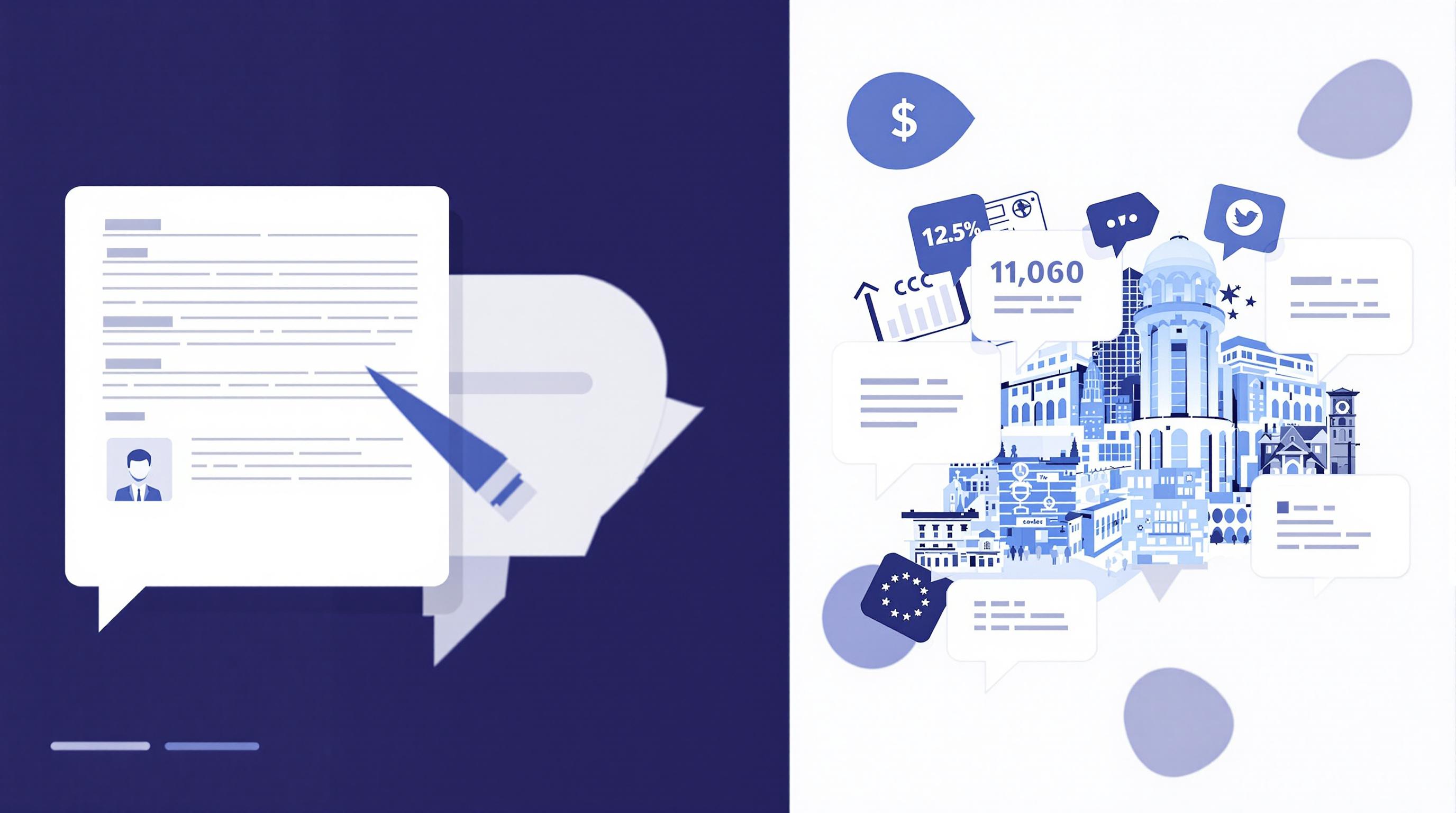Related Articles
- Top 6 Niche Credit Cards from the Past Five Years That Exploit Unseen Reward Loopholes
- Unmasking the Silent Influence of Social Media Challenges on Long-Term Financial Behavior and Credit Recovery
- How Microcredit Dynamics in Remote Communities Are Redefining Access and Trust Beyond Traditional Credit Metrics
- How Cultural Attitudes Shape Collective Borrowing Habits and Their Impact on Financial Unification Strategies
- Top 5 Under-the-Radar Digital Loan Services Launched Since 2019 That Are Disrupting Traditional Borrowing Norms
- Top 6 Cutting-Edge Financial Wellness Platforms Redefining Debt Recovery Tools Released Since 2019
7 Game-Changing Credit Tools From the Last 5 Years That Actually Speed Up Your Financial Comeback
7 Game-Changing Credit Tools From the Last 5 Years That Actually Speed Up Your Financial Comeback
In the last five years, innovative credit tools have revolutionized how people rebuild their financial standing, making recovery quicker and more manageable than ever. From AI-driven monitoring to user-friendly apps, these solutions are reshaping credit repair and growth for millions.
The Rise of AI-Powered Credit Monitoring
Artificial intelligence has dramatically improved credit monitoring by offering real-time alerts and personalized advice. According to a 2022 report by Experian, users of AI-powered credit tools witnessed a 30% faster improvement in their credit scores within six months compared to those using traditional services. These platforms analyze spending habits, detect unusual activities promptly, and suggest tailored actions, turning credit recovery into a strategic game rather than a guessing ordeal.
Case Study: Meet Lisa, the 29-Year-Old Freelancer
Lisa had struggled with credit after an unexpected medical bill derailed her finances. Using an AI-driven app, she was notified immediately of a suspicious charge, preventing further fraud. The app also suggested refinancing her credit card debt to a lower interest rate, saving her over $150 monthly—accelerating her financial comeback significantly.
How Automation Helps with Debt Management
One of the pivotal challenges in credit recovery is managing debts effectively. Automation tools like Tally and Qoins, popularized in recent years, automate payments and round up your change to pay off debts faster. For instance, Tally uses intelligent algorithms to prioritize high-interest debts, enabling faster payoffs and better credit utilization ratios, which can improve scores.
Peer-to-Peer Lending Platforms: A Collaborative Approach
Sometimes, recovery isn't about battling alone—platforms like LendingClub and Upstart provide alternative lending options that empower users to refinance or consolidate debts at more favorable rates. Their unique underwriting models, which factor in education, employment history, and other non-traditional data, offer credit-challenged individuals an opportunity previously unavailable through conventional banks.
Stat Spotlight:
Upstart reported in 2023 that 79% of their borrowers with subprime credit improved their scores within a year after refinancing through their platform.
Conversational Insight: Why Your Credit Score Isn’t Everything
“It's easy to get fixated on the three-digit number, but these tools look beyond that,” says financial advisor Mark Collins, aged 45. “They consider your overall financial behavior, which is crucial. Holistic credit recovery spurs lasting stability.” This shift in approach is a breath of fresh air for many users weary of rigid credit frameworks.
Credit Builder Loans: The Slow and Steady Climb
Unlike traditional loans, credit builder loans are designed exclusively to improve credit without burdening borrowers with large debts. YOUserv, a newcomer fintech, has gained popularity for offering loans as small as $300, with payments reported to credit bureaus. A survey by the National Credit Union Administration found that participants saw an average credit score increase of 42 points within nine months.
Humorous Take: The Credit Builder Loan Diaries
Imagine telling your friends you took out a $300 “loan” just to improve your credit, and they think you went nuts! But this tiny loan, paid back meticulously, is like your financial personal trainer—pushing you gently to be stronger credit-wise. Trust me, your future self will thank you when you’re approved for that car or home loan.
Financial Education Platforms: Knowledge as Power
Empowering consumers with knowledge has been a game changer. Platforms like Credit Karma and NerdWallet don't just report scores—they teach users how credit works, how to dispute errors, and best practices for long-term success. A 2021 survey by the Consumer Financial Protection Bureau indicated that 64% of individuals who engaged with educational content saw more responsible credit usage.
Storytelling: From Credit Abyss to Financial Empowerment
John, a 52-year-old mechanic, once ignored his credit until bills piled up. After enrolling in online education modules, he learned to identify reporting errors and negotiate with creditors. Within 18 months, his score jumped from 520 to 700, opening doors to affordable mortgages and insurance rates.
Persuasive Insight: Why Ignoring Your Credit Is Costlier Than You Think
Ignoring credit issues can mean paying thousands more over a lifetime in interest, higher insurance premiums, and missed opportunities. These tools not only streamline recovery but minimize financial leaks. Investing time and effort here delivers far-reaching dividends.
Subscription-Based Credit Repair Services: The New Norm
Gone are the days when credit repair meant expensive, one-time services with questionable results. Subscription models now offer ongoing dispute assistance, identity theft monitoring, and personalized coaching at affordable monthly rates. Lexington Law and Ovation Credit serve as prime examples, with thousands reporting improved scores after sustained use.
Data Point:
A 2023 industry analysis found that users of subscription-based services achieved a 25% higher dispute success rate compared to traditional models.
Gamification of Credit Improvement
Turning credit repair into a game? Some platforms have embraced gamification—rewarding users for paying bills on time, reducing credit utilization, and even checking their scores regularly. Apps like Long Game leverage this model, combining financial literacy with fun incentives, significantly increasing user engagement and positive habits.
Casual Chat:
Think of it like leveling up in your favorite video game—each financial milestone unlocks badges, rewards, or even cash prizes. It's a fresh, motivating way to tackle what often feels like a dull chore. Are you ready to play your way to better credit?
Statistical Note:
Engagement rates on gamified financial apps have hovered around 70%, compared to 40% on traditional apps, according to a 2022 fintech market study.




